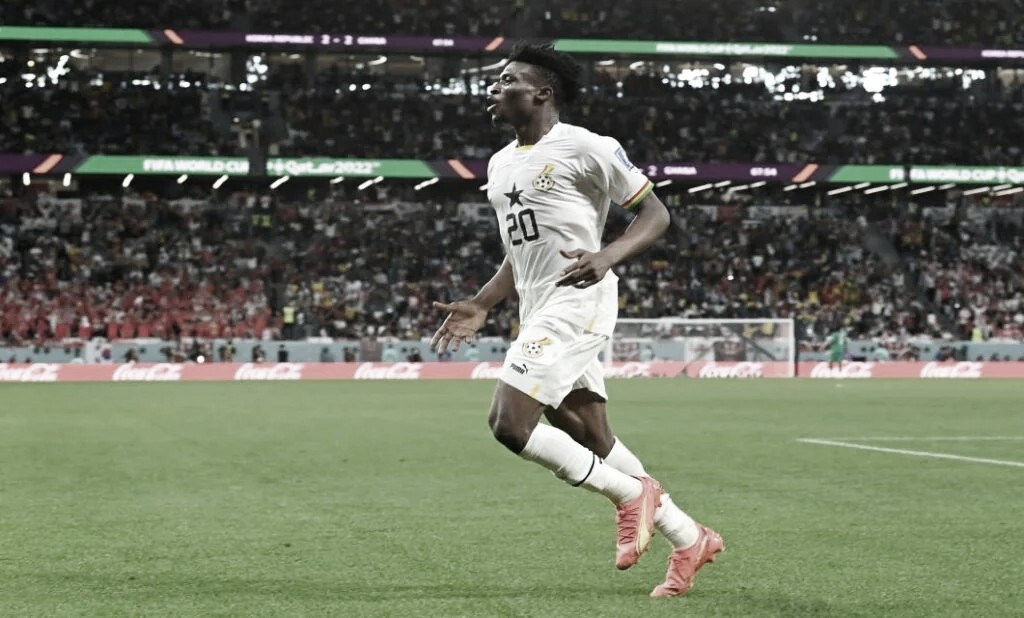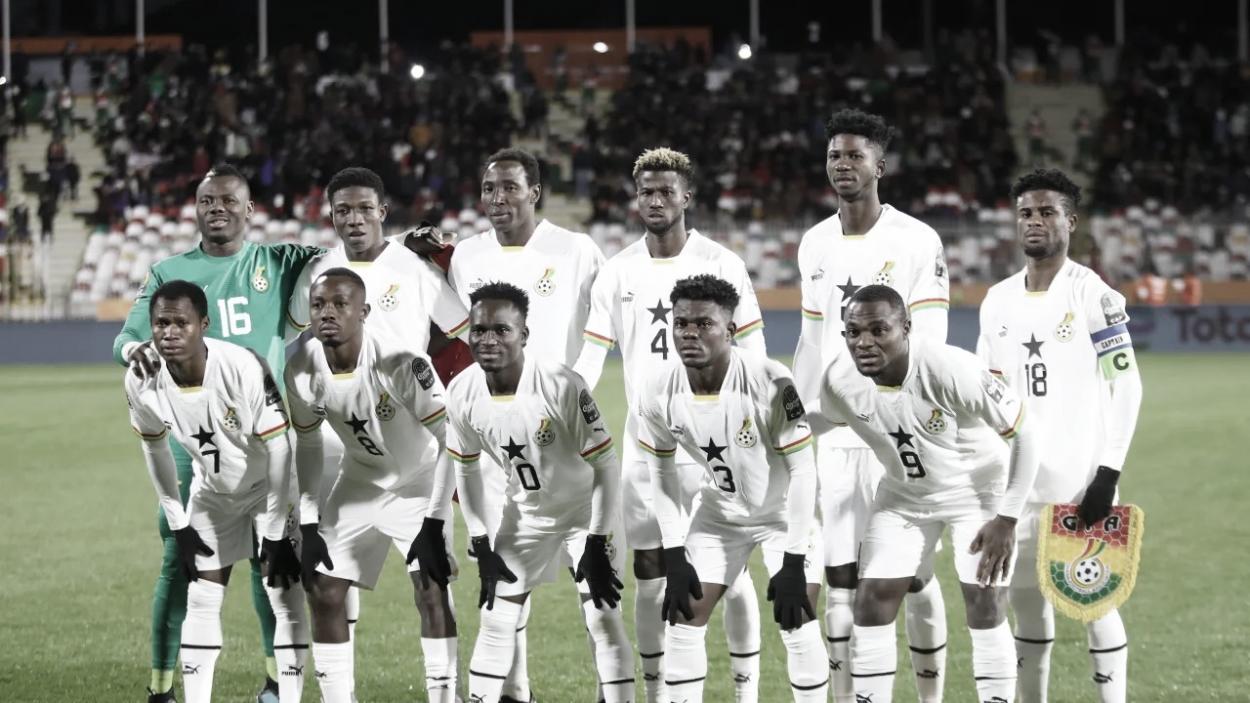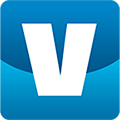
ADVERTISEMENT
END OF TRANSMISSION
END OF THE GAME
84'
72' GOOOOOOOOOOAAAL FOR GHANA
65' Yellow
64'
56'
52' GOOOOOOOOOOAAAL FOR ANGOLA
50' ITS PENALTY
RESTART
BREAK
41'
33'
23'
17'
11'
5'
STARTED GAME
PRE-GAME
PRE-GAME
Watch Angola vs Ghana Live Score Here
Summons from Angola
- Defenders: Jonathan Buatu (Valenciennes, Fra), Eddie Afonso (Petro de Luanda), Gigli Ndefe (Liberec, Che), Kialonda Gaspar (Estrela da Amadora, Por), Lulas (Sagrada Esperança), N&urio Fortuna (Gent, Bel) and Pedro (Petro de Luanda).
- Midfielders: Fredy (Antalyaspor, Tur), Beni Mukendi (Casa Pia. Por), Bruno Paz (Konyaspor, Tur), Show (Ludogorets, Bul), Keliano (August 1st), Megue ( Petro de Luanda) and Estrela (Erzurumspor, Tur).
- Advanced: Mabululo (Al lttihad, Egi), Gilberto (Petro de Luanda), Hélder Costa (Al Ittihad Jeddah, Ara), Gelson Dala (Al-Wakrah, Qat), Lucas João (Reading , Ing), Mbala Nzola (Spezia, Ita), Ary Papel (Al Akhdar, Lba), Nelson da Luz (Vitória de Guimarées, Por), and Zito Luvumbo (Cagliari, Ita).
Angola likely!
How do you get to Angola?
Ghana call-up
Defenders: Tariq Lamptey (Brighton and Hove Albion), Denis Odoi (Club Brugge), Gideon Mensah (Auxerre), Patrick Kpozo (Sheriff Tiraspol), Daniel Amartey (Leicester City), Joseph Aidoo (Celta Vigo), Mohammed Salisu (Southampton FC), Alexander Djiku (Strasbourg)
Midfielders: Thomas Partey (Arsenal FC), Majeed Ashimeru (RSC Anderlecht), Abdul Salis Samed (Lens), Edmund Addo (Spartak Subotica)
Forwards: Jordan Ayew (Crystal Palace), Osman Bukari (Red Star Belgrade), Joseph Painstil (Genk), Kamal Deen Sulemana (Southampton FC), Ransford Yeboah Königsdörffer (Hamburger SV), Mohammed Kudus (Ajax Amsterdam), Andre Ayew (Nottingham Forest), Kamal Sowah (Club Brugge), Inaki Williams (Athletic Bilbao) and Antoine Semenyo (AFC Bournemouth).
Likely Ghana!
How do you get to Ghana?
African Cup of Nations Qualifiers
There are 12 groups with four teams each, in which the first two are classified for the African Cup of Nations that will be played in Ivory Coast, in 2024.
The best teams in the FIFA rankings are seeded: Senegal, Morocco, Nigeria, Egypt, Tunisia, Cameroon, Algeria, Mali, Côte d'Ivoire, Burkina Faso, Ghana and DR Congo. Of these, Senegal, Morocco, Cameroon and Ghana competed in the last World Cup, in which the Moroccan team made history and reached the semifinals of the tournament, eliminating the powerful Belgium, Spain and Portugal, falling to France, which would become vice of the world. to Argentina.
The African Cup of Nations will be played in Ivory Coast between the 5th and 28th of January next year. There will be six stadiums to host the tournament: the Ebimpé Olympic Stadium, with capacity for 60,000 and the stage for the final. Félix Houphouët-Boigny Stadium, Bouaké Peace Stadium, Korhogo Stadium, San Pédro Stadium and Iamussucro Stadium. The first two are in the same city of Abidjan.
It will be the 34th edition of the competition, which already has a very heavy name on the football calendar, where several athletes from the main leagues in the world play. The first edition took place in Sudan, in 1957, where Egypt thrashed Ethiopia 4-0 and became the inaugural champion of the tournament.
Egypt is the biggest champion of the competition with seven titles, being the last one in 2010. Mohamed Salah's team faces a long fast of 23 years without winning the competition, where he was runner-up in 2021 to Senegal, who won the first trophy of the competition .
Cameroon with five, Ghana with four, Nigeria with three, Ivory Coast, Algeria and DR Congo, both with two, are the biggest champions of the African competition. Zambia, Tunisia, Sudan, Senegal, Ethiopia, Morocco, South Africa and Congo complete the list with one title each. Mali, Burkina Faso, Uganda, Guinea and Libya reached the final but never won the competition, while Equatorial Guinea reached a quarter-final.
By federation, UNAF, home to the northern countries, are the biggest winners. Egypt, Algeria, Morocco and Tunisia with 11 titles. WAFU, West Africa, with 10, joining Ghana, Nigeria, Côte d'Ivoire and Senegal. Then UNIFFAC in Central Africa with eight, joining Cameroon, DR Congo and Congo. Finally, CECAF, East Africa with Ethiopia and Sudan with two and COSAFA, South Africa with South Africa and Zambia, also with two.

The game will be played atNovember 11th
Welcome to VAVEL.com coverage of the African Cup of Nations Qualifiers: Angola vs Ghana live updates

